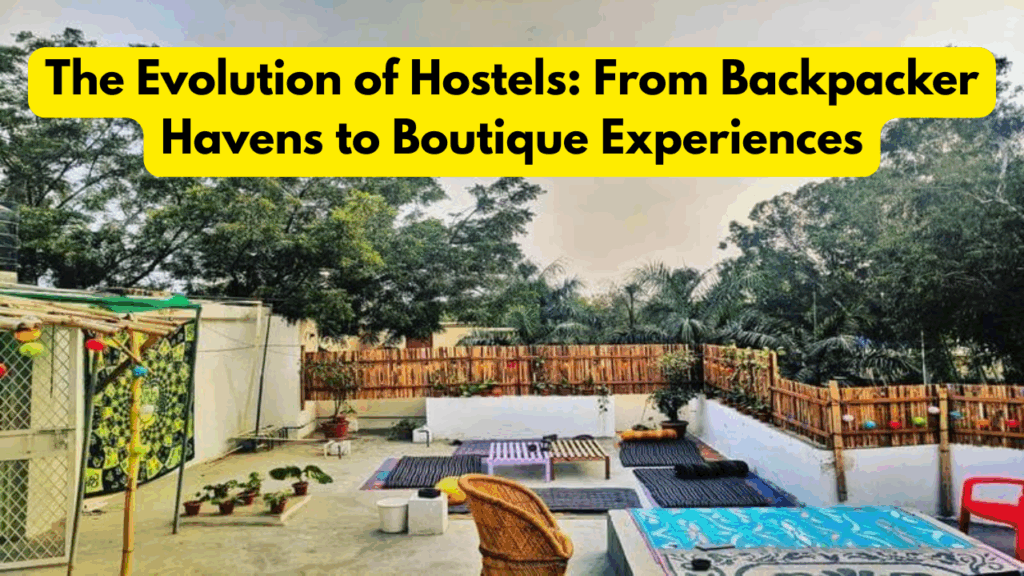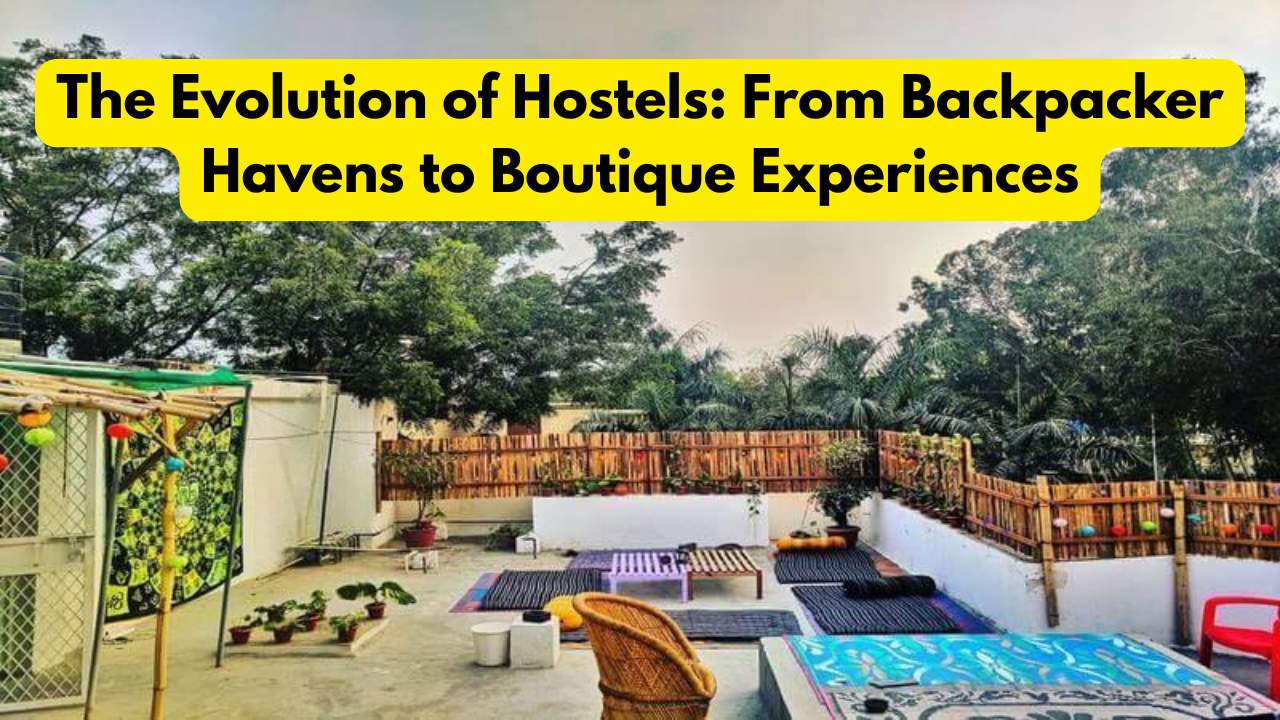
For decades, hostels have been synonymous with budget travel. Once known as bare-bones accommodations for backpackers looking to stretch their dollars, hostels have undergone a remarkable transformation. Today, they’ve evolved into stylish, modern spaces offering unique cultural experiences, creative design, and boutique-level comfort—all while retaining their community-driven spirit. This evolution reflects how travel itself has changed, catering not only to budget travelers but also to digital nomads, families, and even luxury seekers.
The Early Days: Hostels as Backpacker Havens
In their earliest forms, hostels focused primarily on affordability. Dormitory-style rooms with simple bunk beds, shared bathrooms, and minimal amenities were the norm. These hostels provided travelers—especially young backpackers—a cost-effective way to explore the world. Their appeal lay in their simplicity, communal atmosphere, and affordability rather than comfort.
Characteristics of Early Hostels
- Shared dormitories with basic bunk beds
- No-frills facilities and minimal comfort
- Strong sense of camaraderie among budget travelers
- Primarily targeted toward students and solo backpackers
The Turning Point: Changing Travel Trends
As global travel expanded and became more accessible, the expectations of travelers began to shift. People still wanted affordable stays, but they also started looking for design, comfort, and unique experiences. The rise of digital nomadism, social media, and experiential travel fueled this transformation. Hostels began rebranding themselves—not just as cheap places to sleep, but as lifestyle spaces.
Modern Hostels: Boutique and Lifestyle-Oriented
Today’s hostels look very different from their predecessors. Many now blend affordability with boutique hotel-style designs, offering private rooms alongside dorms, chic interiors, and modern amenities like coworking areas and rooftop lounges. They’ve redefined themselves as social hubs, where community, culture, and comfort meet.
Features of Boutique Hostels
- Stylish Interiors – Hostels now invest in unique décor, Instagrammable designs, and themed spaces.
- Private Options – Alongside dorm beds, private rooms cater to couples, families, and professionals.
- Coworking and Digital Nomad Facilities – High-speed Wi-Fi, desks, and work-friendly environments are now standard.
- Cultural Integration – Hostels host cooking classes, art events, and local tours to enhance cultural exchange.
- Hybrid Models – Many hostels now double as cafés, bars, or event spaces, appealing to both locals and travelers.
Comparison: Past vs. Present Hostels
| Feature | Traditional Backpacker Hostels | Modern Boutique Hostels |
|---|---|---|
| Accommodation Style | Dormitories only | Dorms + private rooms + family options |
| Design and Aesthetic | Basic and functional | Trendy, creative, Instagrammable |
| Target Audience | Students, budget backpackers | Solo travelers, digital nomads, families |
| Facilities | Shared bathrooms, minimal extras | Rooftop cafés, coworking spaces, lounges |
| Cultural Engagement | Informal conversations | Organized events, workshops, tours |
| Price Range | Very cheap | Affordable to mid-range with options |
Why Boutique Hostels Appeal to Modern Travelers
- Value for Money: They offer hotel-like amenities at a fraction of the cost.
- Community Feel: Hostels retain their social vibe while expanding to new demographics.
- Lifestyle-Oriented: With cafés, coworking, and cultural programs, hostels cater to modern lifestyles.
- Flexibility: From solo travelers to families, hostels now accommodate diverse needs.
- Experiential Travel: Travelers crave authentic, local experiences, which hostels are uniquely positioned to provide.
Examples of Boutique Hostel Trends
- Eco-Hostels: Sustainability-focused hostels with eco-friendly practices.
- Design-Driven Hostels: Architecturally creative spaces with bold interiors.
- Themed Hostels: Unique themes such as art, music, or literature, giving travelers a distinctive experience.
- Hybrid Hostels: Combining accommodation with cafés, coworking, or event venues.
The Future of Hostels
As the travel industry continues to evolve, hostels are expected to expand their hybrid and boutique offerings. They will likely embrace sustainability even more, integrate smart technology for seamless stays, and continue to blend the line between affordable lodging and lifestyle spaces. The future points toward hostels that are both budget-friendly and aspirational, keeping their community roots intact while appealing to a global audience with higher expectations.
Conclusion
The evolution of hostels is a testament to how travel culture has changed. What started as simple backpacker havens has now become a vibrant industry offering boutique experiences. By combining affordability with design, community, and cultural immersion, modern hostels have transformed into one of the most exciting accommodation options worldwide. For travelers seeking value without sacrificing experience, boutique hostels stand at the forefront of this revolution.
FAQs
Q1: What makes modern hostels different from traditional ones?
Modern hostels blend affordability with stylish design, private rooms, and cultural programs, unlike the basic dorm-only hostels of the past.
Q2: Are boutique hostels still affordable?
Yes, boutique hostels are more affordable than hotels while offering upgraded facilities and experiences.
Q3: Do hostels only cater to young backpackers today?
No, modern hostels welcome digital nomads, families, and even professionals, making them inclusive for all travelers.

